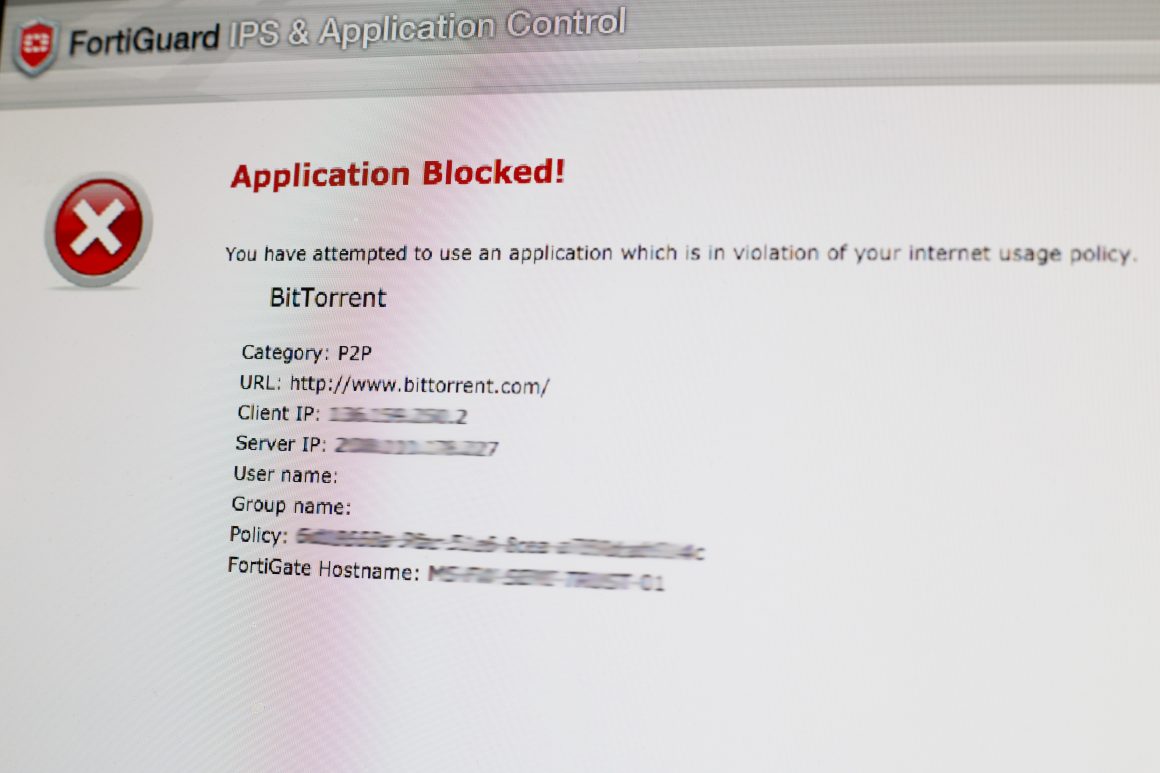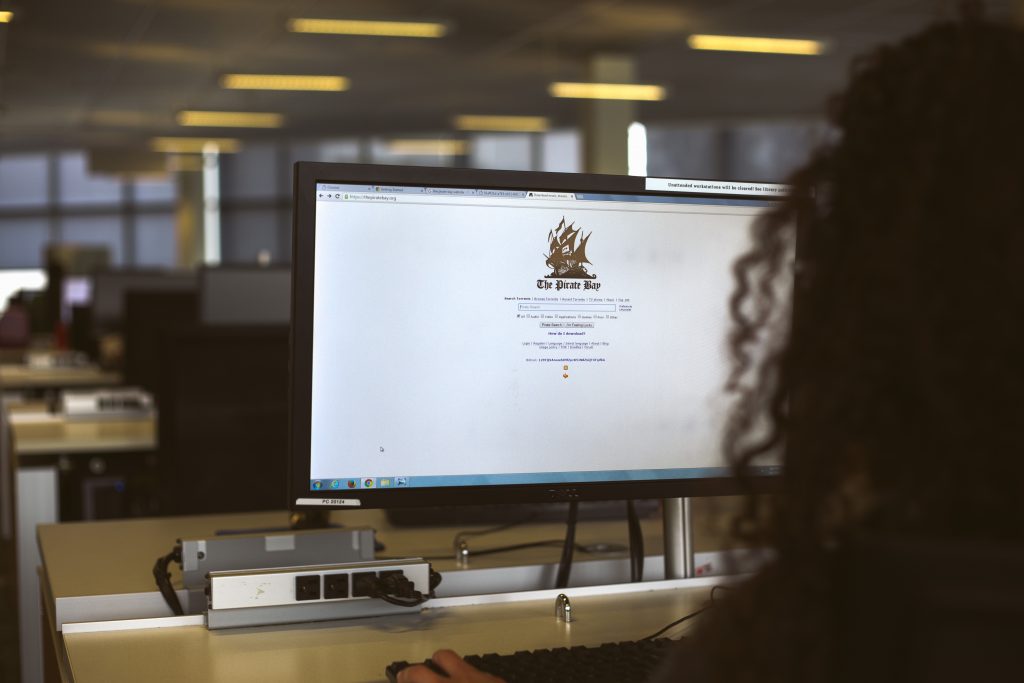
New University of Calgary policy restricts BitTorrent access
By Scott Strasser, November 9 2016 —
University of Calgary students trying to torrent their favourite movies on the university’s Wi-Fi networks might be out of luck, after the U of C restricted access to BitTorrent on Nov. 1.

The new policy went into effect on Nov. 1 // Photo by Justin Quaintance
The U of C’s new IT policy dictates that BitTorrent is now restricted on the AirUC-Secure, AirUC-Guest and RezNet Wi-Fi networks.
BitTorrent is a decentralized Internet file sharing program that allows users to send and receive large files. Torrenting is the most common way to stream or download digital content and copyrighted material on the Internet.
Students, staff and faculty who have reasonable grounds for accessing BitTorrent can request to do so through an application form on the U of C’s IT website. Those who apply to access BitTorrent must prove their request relates to work duties or academic activities. Their request must also be compliant with Canadian copyright law.
“We are not saying people can’t have it. We’re saying people need to think reasonably in terms of their need for the service and what they are accessing. We hope people will take that responsibility very seriously,” U of C vice-president finance and services Linda Dalgetty said.
According to Dalgetty, there are three reasons why the university restricted BitTorrent access. The main reason was to comply with Canadian copyright legislation.
In January 2015, the Canadian government passed the “notice-and-notice” law under the Copyright Modernization Act. Under the law, internet service providers (ISPs) receive infringement notices from different copyright agencies when suspected pirates download copyrighted content on their networks.
By hosting a large network, the U of C provides services similar to those of an ISP. Therefore, the U of C receives notice-and-notice infringement letters from copyright agencies when digital content is illegally downloaded on campus.
Dalgetty said the majority of infringement notices the U of C receives are due to torrenting on campus Wi-Fi networks.
“We were definitely seeing instances where those formal notifications we were getting indicated BitTorrent was being used for copyrighted materials,” she said.
According to Dalgetty, the U of C experienced a sharp decrease in its notice-and-notice infringements immediately after the new policy was implemented. In the first eight days of November, she said the U of C received 90 per cent fewer notices than usual.

Photo by Justin Quaintance
“I think what we’re finding is it has definitely made a difference. But we have to monitor that, because statistically, we have to go through a longer time frame than eight days,” Dalgetty said.
The other two reasons for restricting BitTorrent access, according to Dalgetty, are to enhance cyber security and to improve the U of C’s network performance.
“The more streaming we have on the campus, the more it impacts network performance and that takes away the user experience for other pursuits,” she said. “The third [reason] is security. The more streaming we have, the [higher chance] of inadvertently downloading something that would create issues.”
One common way to bypass a torrent restriction is to set up a virtual private network (VPN). Doing so is a way to anonymously access content through a secure and private network.
But Mea Wang, an associate professor in the U of C’s computer science department who has researched peer-to-peer file transferring systems, said setting up a VPN likely wouldn’t help bypass the U of C’s new policy.
“If the U of C is blocking this all together, no traffic of this kind is coming into this campus at all,” she said. “VPN itself allows you to remotely access a computer. You’re not doing any traffic on the U of C campus. I don’t think VPN would help.”
Dalgetty said other file sharing services do not currently fall under the U of C’s new IT policy. She acknowledged access to other torrenting clients might also be restricted in the future if the university’s IT department notices a spike in their use.
“There may be additional steps taken to restrict access to other services, not just BitTorrent,” Dalgetty said.
